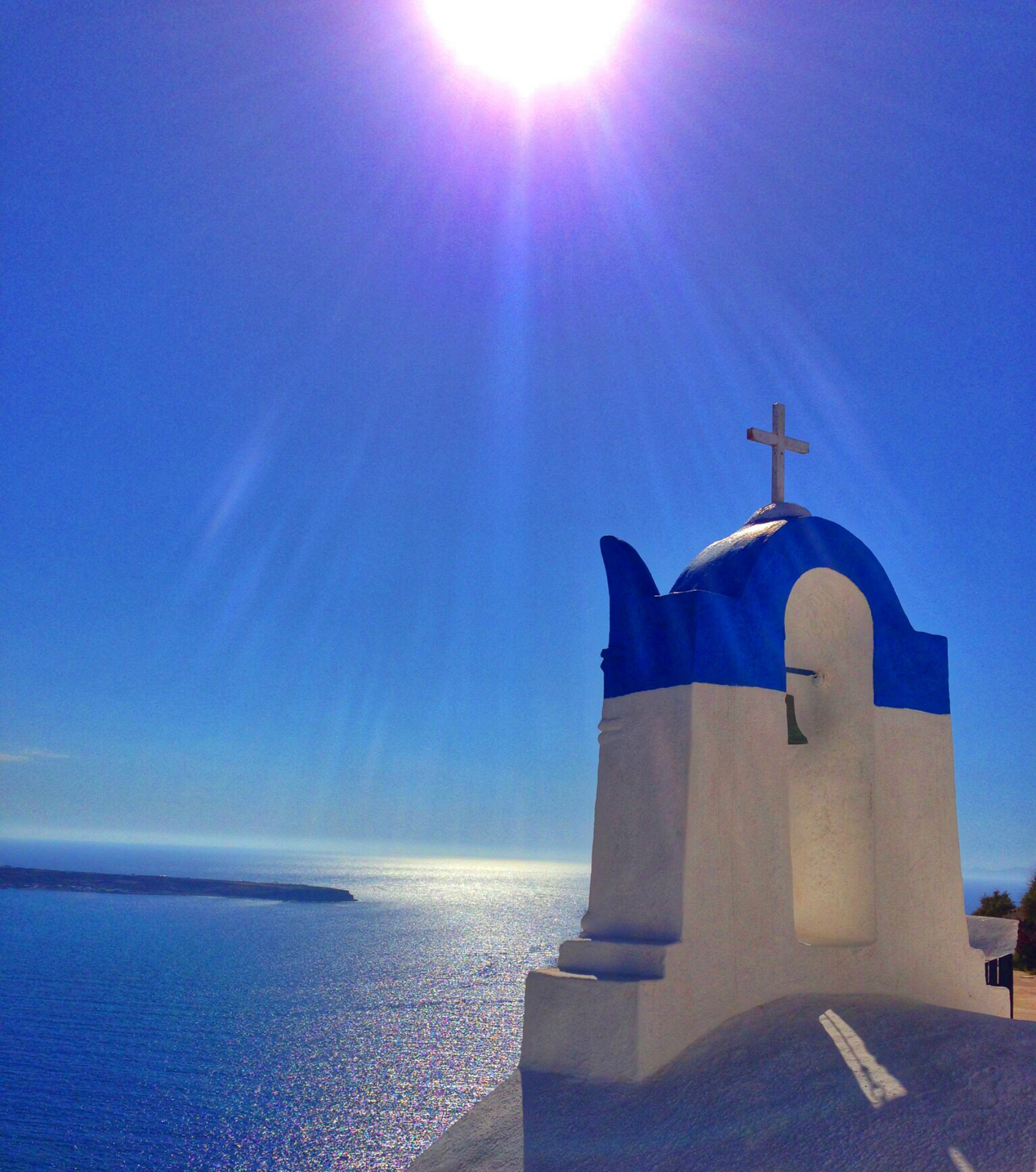
Myth: It's the Same as a Solstice

Let's separate fact from fiction when it comes to the fall equinox, happening this year on September 22 or 23, depending on where you are. (In the U.S. and Canada, it will take place on the 22nd).
The term "equinox" is not interchangeable with the term "solstice." There are two of each every year. An equinox, however, happens when the sun passes directly over the equator. A solstice is when one pole of the Earth is as close to the sun as it can be, while the other pole is as far away as possible. Both types are related to the Earth's tilted axis.
Myth: It's Like a Sunset

The fall equinox isn't an event like a moonrise or a sunset that everyone can experience in their respective time zones as it passes. It happens at a specific time and date based on a singular, annual event.
Myth: Seasons Are Based on Months

What many people don't realize is that seasons are not tied to months. Rather, they're tied to the hemispheres of the Earth, north and south, and their position toward the sun. In the southern hemisphere, including in Australia, the season also changes on September 22. That half of the world will go from winter to spring.
Myth: It's Halfway Around the Sun

An equinox has nothing to do with marking a halfway point in the Earth's orbit around the sun. It's an orbit, a continuous cycle, so there is no half way. Again, the equinox is about the sun traveling exactly over the equator.
Myth: You Can Balance an Egg

A persistent myth about what is possible during an equinox is that you can balance an egg. It's unclear where this myth began, but it's been shown time and again to not be true. It's a Chinese tradition, apparently, and still fun to try.
Myth: Your Shadow Disappears

Like the egg, the disappearing shadow myth gets trotted out every equinox. The idea is that the sun travels over your head on this day, making shadows impossible. This only works, however, if you're actually at the equator. So, book your tickets now! Or maybe for next year.
Myth: It's Unpredictable

The fall equinox mostly happens on September 22 or 23, depending on what time zone you live in. The reason for the differences are because of the Gregorian calendar, which defines a year as 365 days. The time it takes for the Earth to orbit the sun is a little bit longer than that: 365 and 1/4 days).
Myth: It Only Happens on September 22 or 23

On rare occasions, these astronomical events occur on the 21st or the 24th of September. An equinox on September 21 hasn't happened for several thousand years. But in this millennia, it will happen twice: 2092 and 2096. The most recent September 24 equinox was in 1931. The next one will be in 2303.
Myth: Everyone Has a 12-Hour Day and Night
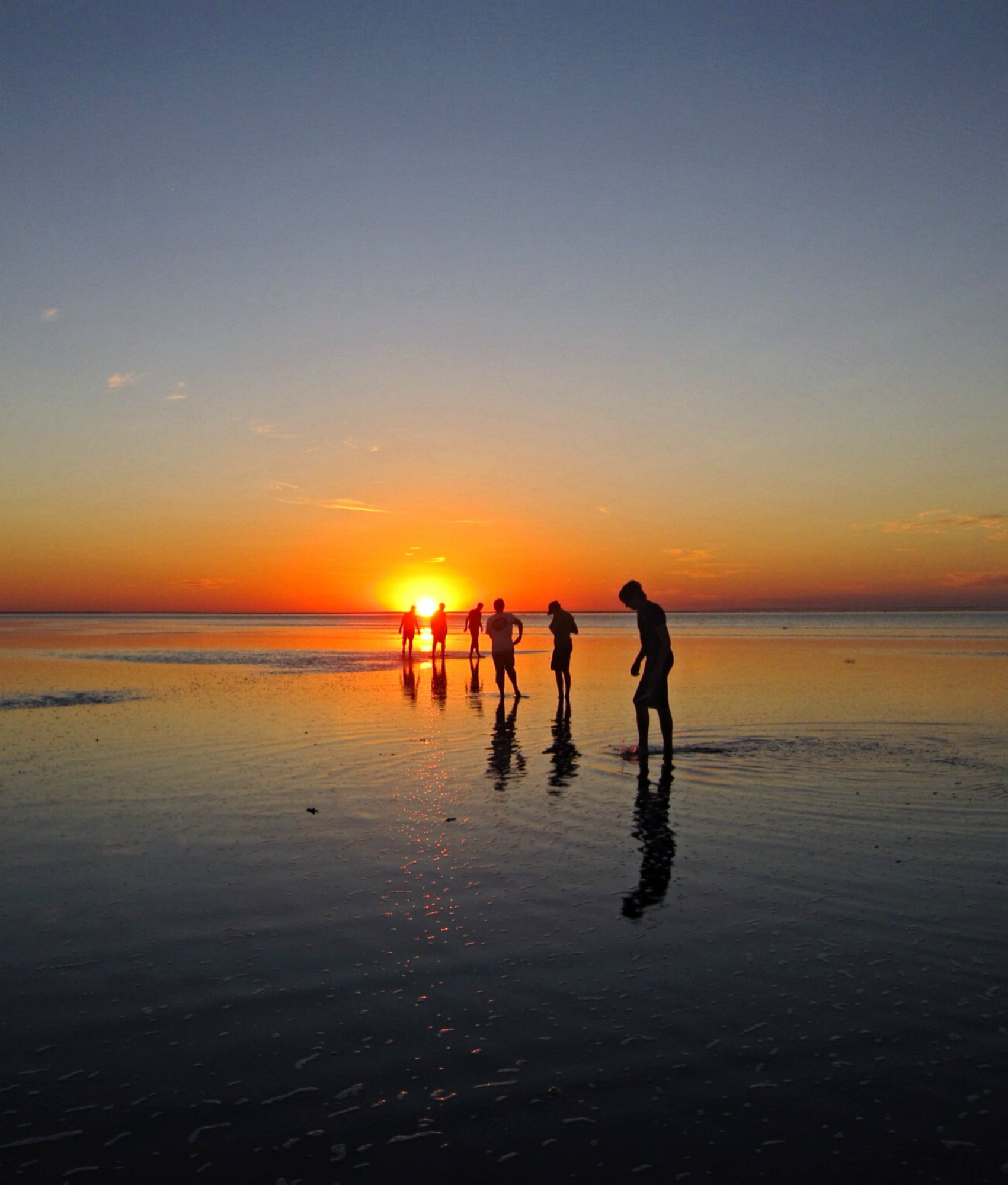
Not everyone gets the evenly split 12-hour night and 12-hour day as promised by the equinox. The reality is that most of us will still have a longer day than night. That's because we define sunrise and sunset in a way that doesn't accommodate this even split. Also, the atmosphere refracts sunlight.
Myth: It's an All-Day Event

Just because it happens on a certain date doesn't mean it will happen all day long. The equinox is a passing of the sun over the equator. This year, it will happen at 9:45 p.m. Eastern time on Saturday, September 22. If you're on the West Coast in the U.S., you'll mark it at 6:45 p.m.
Myth: Only Equinox Kicks Off the Season

The fall season has two start dates depending on whom you ask. In terms of seasons that are tied to weather, those are meteorological seasons, versus the astronomical seasons, which are based on Earth's position to the sun. While the equinox marks an astronomical season that begins on September 22, meteorologists kick off the fall season on Sept. 1.
Myth: It's Tied to the Earth Spinning
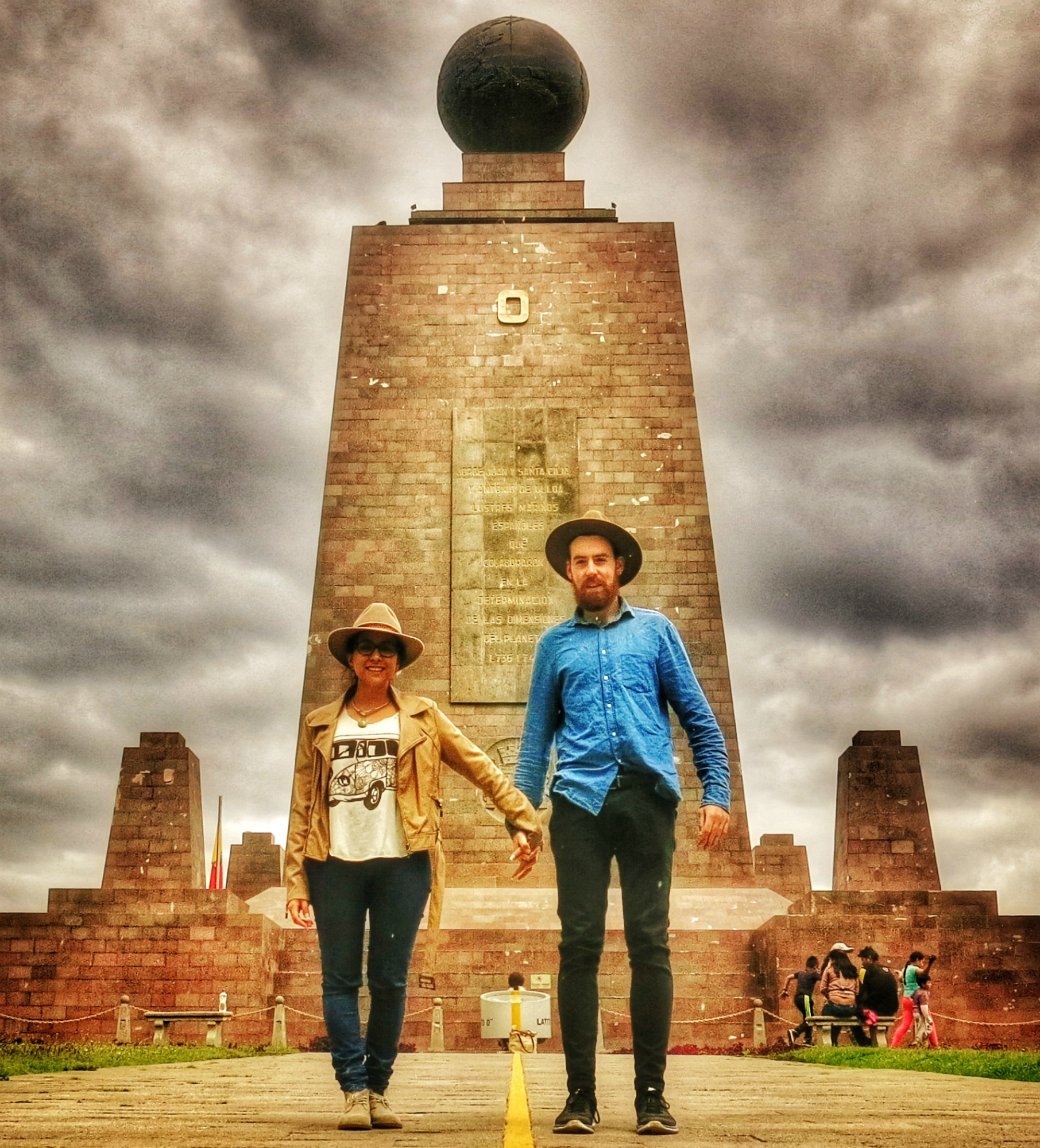
The fall equinox has nothing to do with the Earth spinning. Rather, it's the path of the sun, which at the moment of an equinox, passes over the equator.
Myth: It's Just the Equator on Land
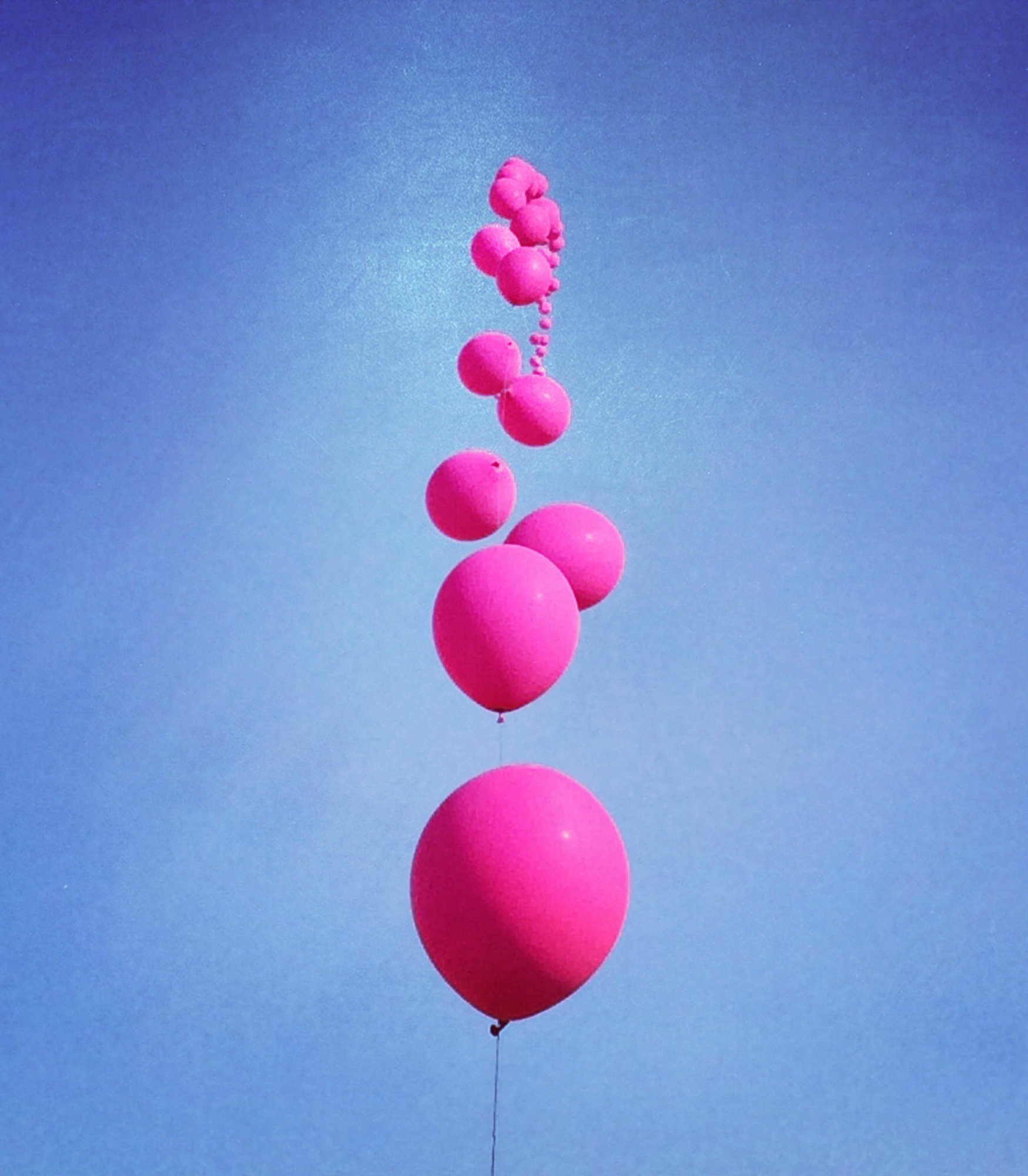
Because of angles and distance, the sun crossing the equator isn't the measure of the seasonal transition. Rather, it is when the sun passes over the celestial equator, an imaginary line in the sky marking the Earth's equator. (In case you were going to challenge the stated time of this event.)
Myth: It's Only About the Sun
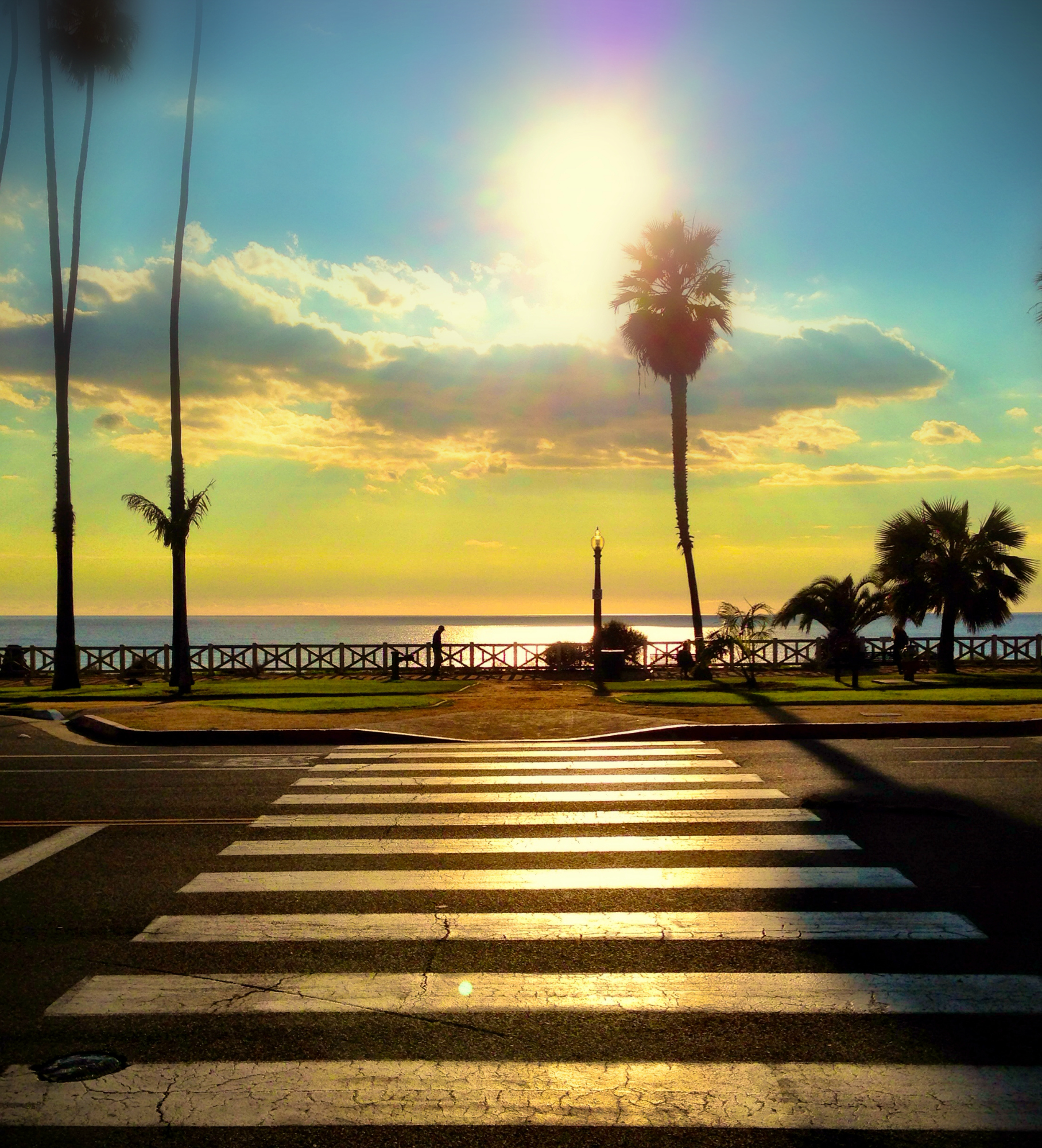
While the official equinox has everything to do with the sun crossing the equator, habits of the moon change, as well. There are shorter times between when the moon rises one day to the next. It's also the time of year that we get the harvest moon, which appears large and orange in the sky. It is astronomically special because the time between moonrises becomes shorter.
Myth: It's a Religious Event

Though people of varying practices notice and sometimes honor the autumnal equinox, it is a definite astronomical event and has nothing to do with untold forces.
Myth: The Sun Always Rises Exactly Due East
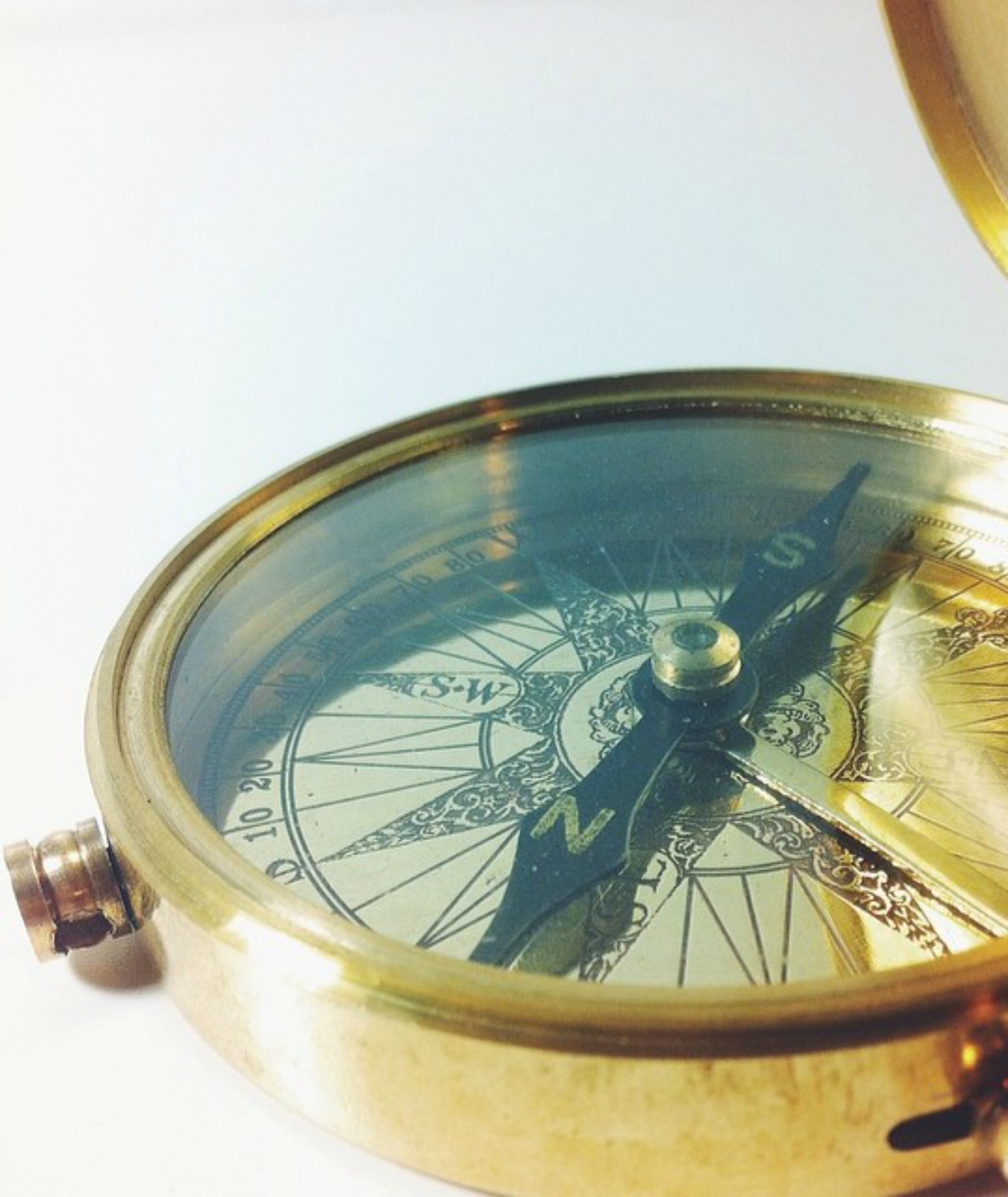
Sure, one day a year the sun rises due east. All other days it rises east-ish. The autumnal equinox marks this one point of exactness.
Myth: The Sun Always Sets Exactly Due West
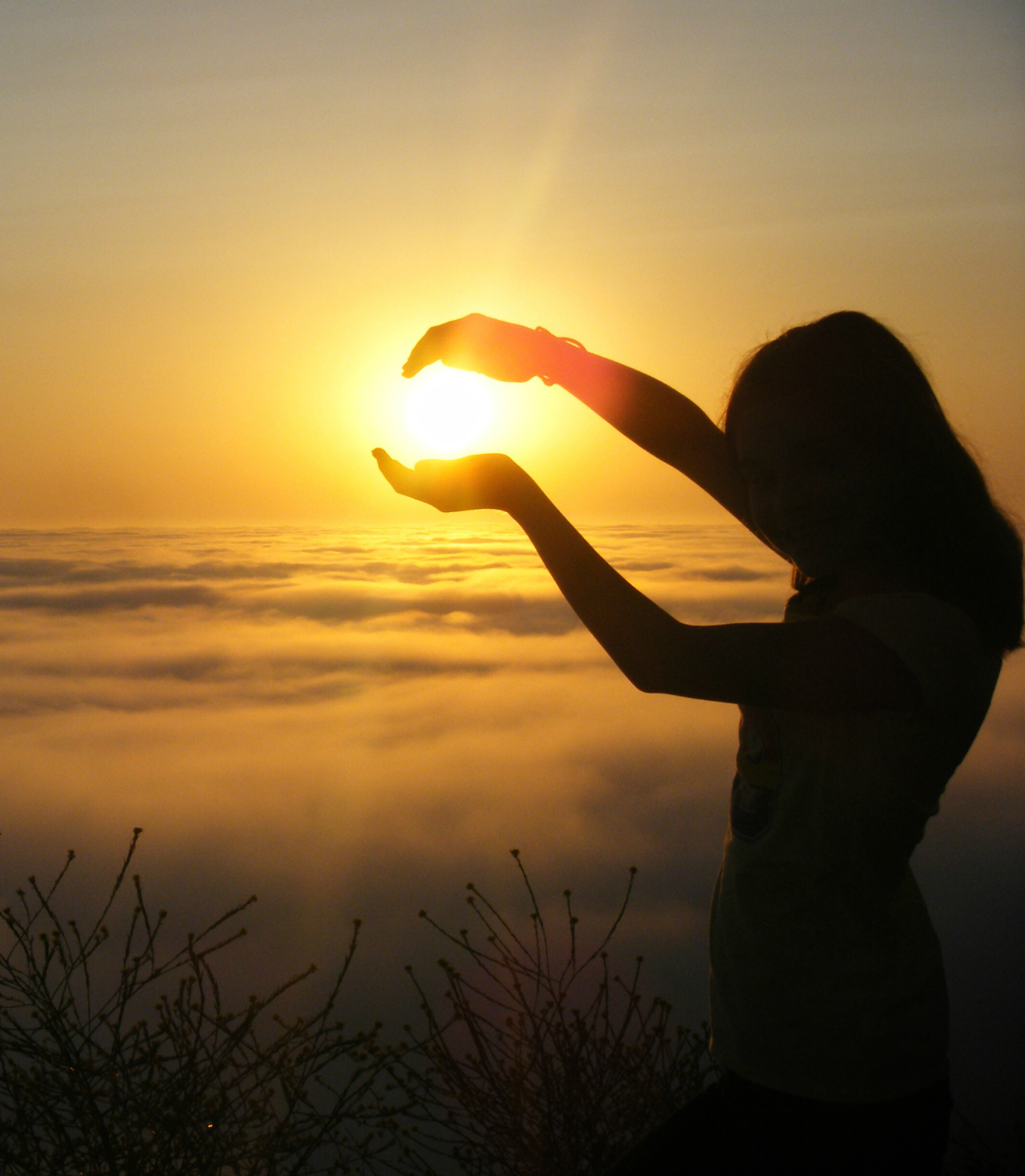
Similarly, only on the equinox does the sun set due west. All other days of the year, it sets approximately west. Still close enough to find your way back home, but not exact enough for people who are into these things.
Myth: It Messes With Your Emotions

The equinox has nothing to do with your weird mood on Saturday (or Sunday, depending), though plenty will blame it on that.
Myth: Festivals at This Time of Year Are a Coincidence
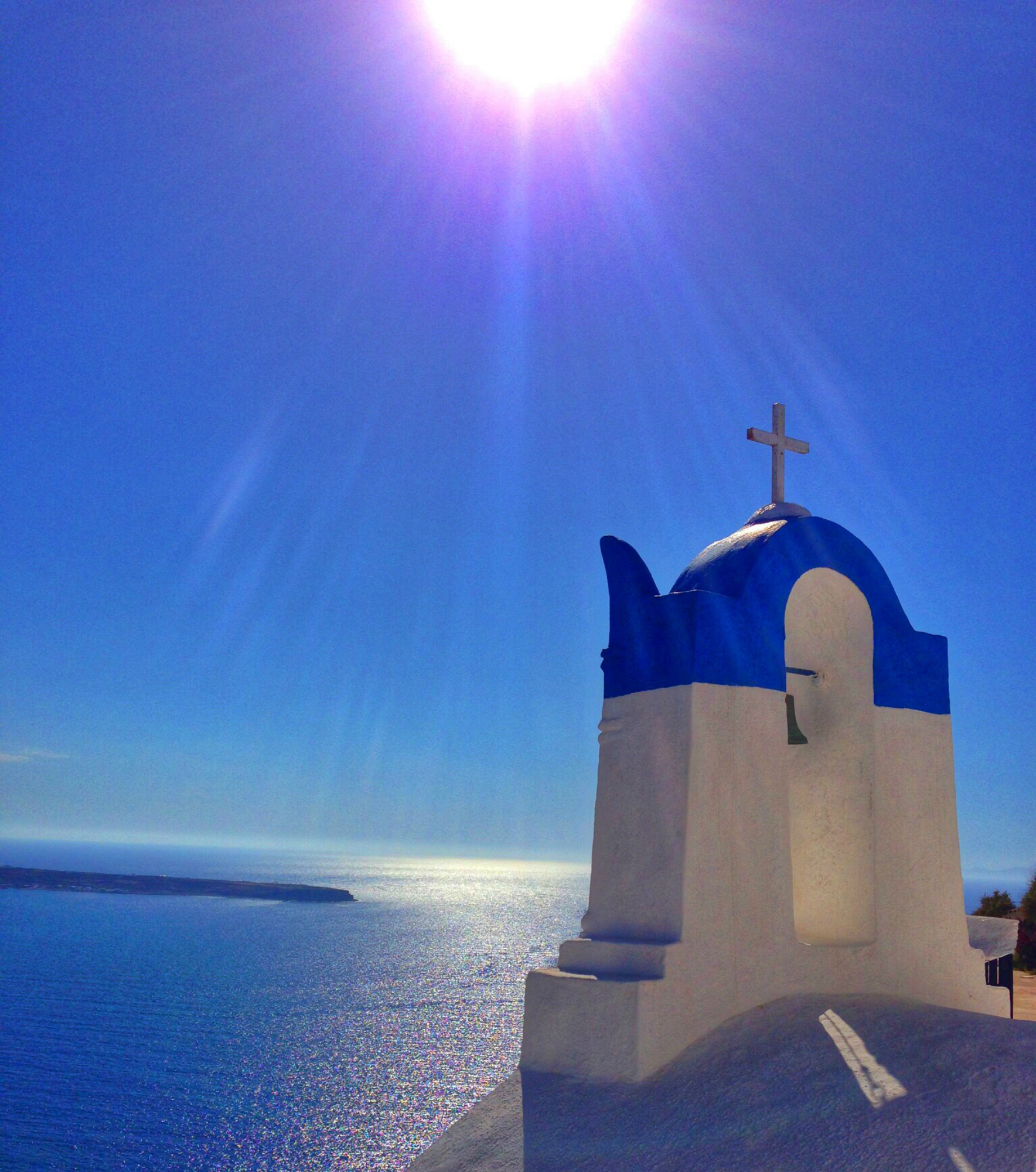
Plenty of religious festivals happen on or around the fall equinox, and this is no coincidence. Back before organized religion, when pagans, druids and witches ran the show, rituals and celebrations were performed around this celestial event. After Christianity took over in large parts of Europe, these celebrations eventually became about saints or a good harvest. That's why late September is one of the best times to travel there.





